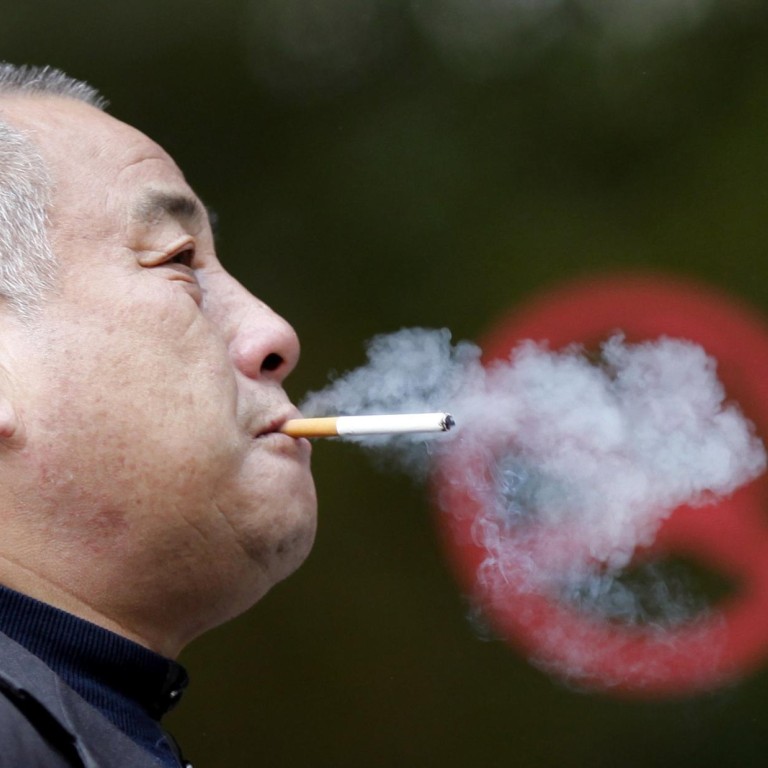
Brain 'switch' can turn off drug addiction, say Shanghai scientists
Scientists believe they have solved riddle of gene that controls flow of stimulant in the body
Addiction to drugs such as cocaine can be turned on and off like a tap by a "switch" in the brain, a new study by mainland scientists has found.
They hope that the discovery of the "switch" - a gene known as Vav2 - can lead to significant improvements in rehabilitation efforts.
The gene appears to affect the distribution and concentration of the chemical dopamine in the brain.
Dopamine production is known to be stimulated by rewarding experiences such as physical exercise, eating and sex. Many studies have confirmed that it is also closely linked to drug addictions, such as smoking, but until now its exact working mechanism has remained largely unknown.
Scientists led by professor Zhou Jiawei of the Chinese Academy of Sciences' Institute of Neuro Science in Shanghai, believe they have partially solved the riddle.
"We have spent seven years on this work," said Zhou, whose study was published in the latest issue of .
The team believes addiction is determined not only by the amount of dopamine that is released, but by how the chemical is recycled through the body.
"There is a pump, a recovery pump," said Zhou.
Under normal conditions most of the dopamine released by the brain is quickly recycled by the pumping mechanism and stored in certain areas of the brain. But in special cases, including drug addiction, the pumping mechanism stops working.
The scientists' paper says the gene Vav2 is responsible for turning on the "pump switch".The scientists tested their theory on mice. The mice were put in a cage featuring two compartments - one in which they were fed cocaine and another in which they were fed saline.
Untreated mice tended to stay in the cocaine compartment as long as possible. But mice whose Vav2 gene had been made inoperative spent only half as long there - suggesting the lure of the drug was less strong for them.
Zhou said the method could not be applied directly to humans, as "knocking out" the gene of a patient would be unethical.
"But medicines capable of suppressing the gene can be developed in the future. It may become a one-stop solution to the problem of drug abuse," he said.
Zhou cautioned that years of research might be necessary before clinical application of the technique.
Some underlying mechanisms of dopamine recycling remained unclear, he said, and the process of drug addiction involved many sophisticated biochemical reactions that required further study.
"But I have confidence that we will solve the drug problem in the end," Zhou said.

